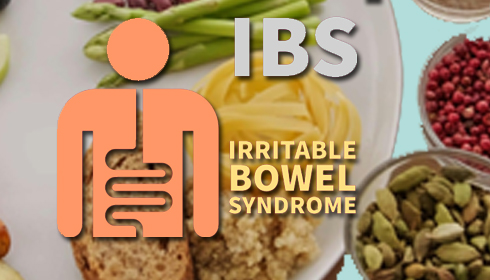
Dietary Treatment Shows Promise Over Medications for IBS Relief: Study
A recent study conducted at the University of Gothenburg suggests that dietary adjustments may offer more effective relief for irritable bowel syndrome (IBS) than traditional medications. The study, published in The Lancet Gastroenterology & Hepatology, revealed that more than seven out of ten patients experienced significantly reduced symptoms with dietary modifications.
IBS is a widespread condition characterised by abdominal pain, gas, bloating, diarrhoea, and constipation, often in varying combinations and severity levels. While treatment typically involves dietary advice and medications to manage symptoms, researchers aimed to compare the effectiveness of these approaches.
The study involved adult patients with severe or moderate IBS symptoms at Sahlgrenska University Hospital in Gothenburg and compared three treatment methods: traditional dietary advice focusing on eating behaviour and low intake of fermentable carbohydrates (FODMAPs), a dietary plan low in carbohydrates and high in protein and fat, and medication tailored to individual symptoms.
Results showed that the groups receiving dietary interventions experienced greater symptom relief compared to those on medication. Specifically, 76% of patients following traditional IBS dietary advice and low FODMAP intake reported significantly reduced symptoms, while 71% of those on a low-carbohydrate, high-protein, and fat diet experienced relief. In contrast, only 58% of patients in the medication group reported reduced symptoms.
Additionally, all groups reported improvements in quality of life, physical symptoms, and symptoms of anxiety and depression.
Even at a six-month follow-up, a significant proportion of participants in the dietary groups continued to experience symptom relief, suggesting the long-term efficacy of dietary interventions. The study emphasises the importance of personalised treatment approaches for IBS and calls for further research to identify factors predicting individual responses to different treatment options.
Lead researcher Sanna Nybacka, along with her team, highlighted the central role of diet in IBS treatment and stressed the need for personalised approaches to optimise patient outcomes. This study offers hope for individuals struggling with IBS, suggesting that dietary adjustments could provide effective relief and improve overall quality of life.